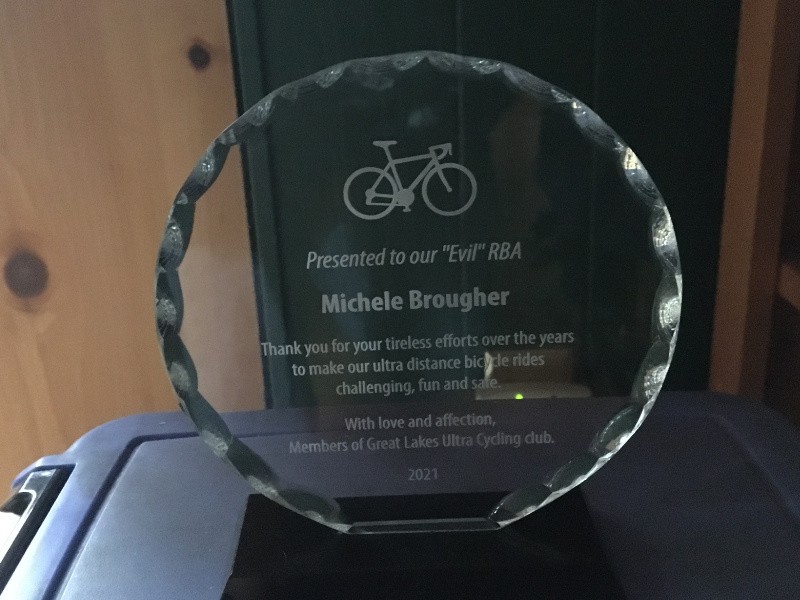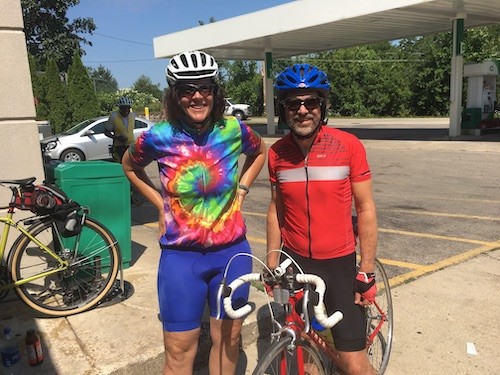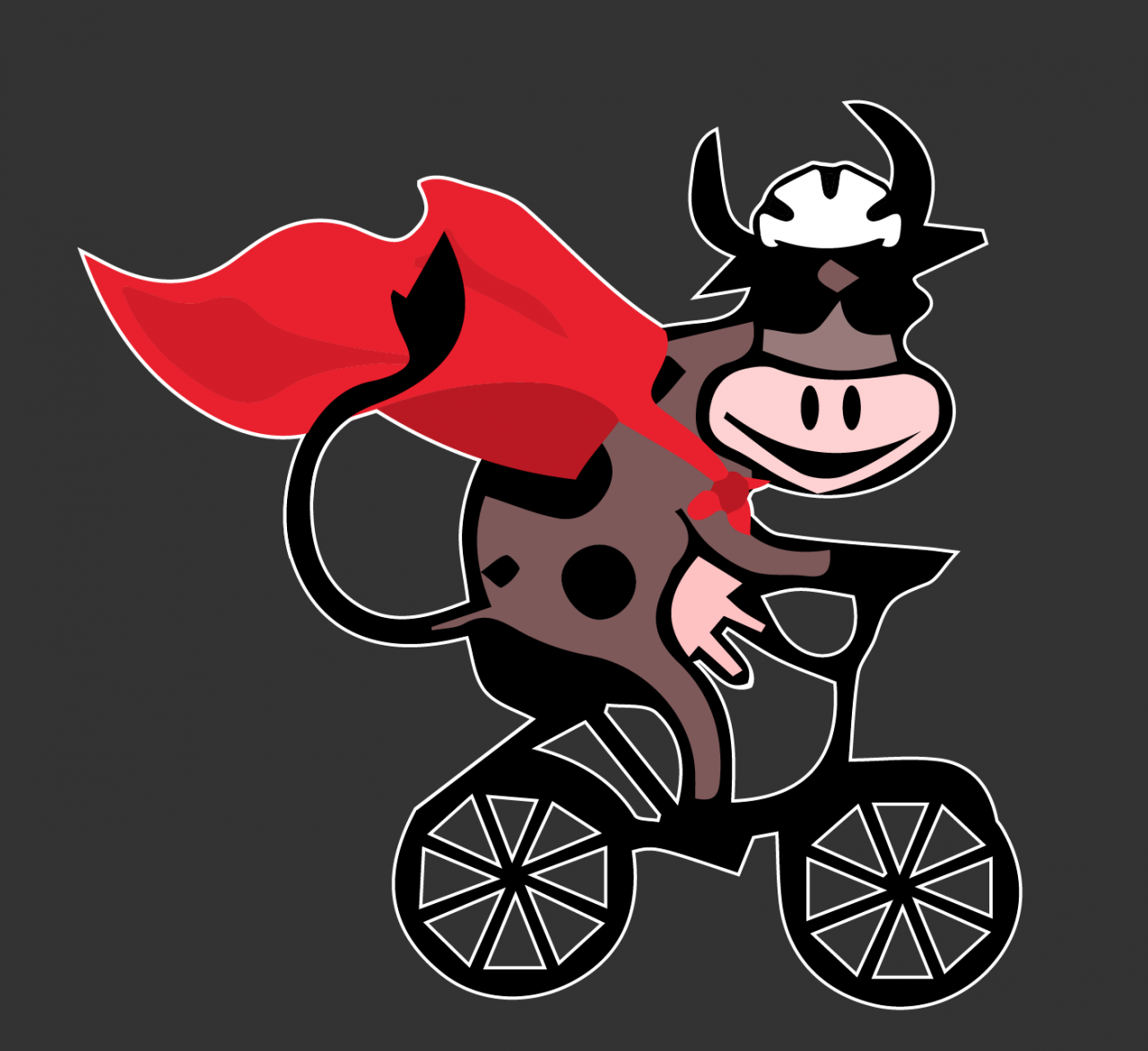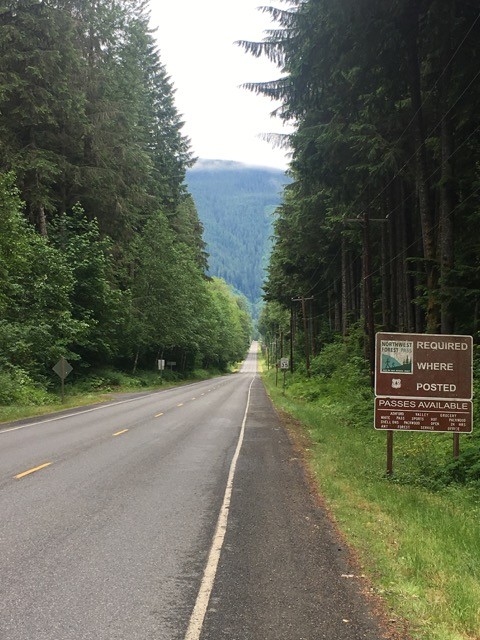Over the last 4 years, I had had the pleasure of riding and completing 7 1000k+ events. They haven't been easy rides. Many have asked what an easy 1200k is for a first one. Having done them and not being a superhuman (and believe me, there are quite a few really amazing superhumans in this sport), I can honestly say there isn't an easy Grand Randonnee. But we all are in this sport for one reason or other and satisfying those principles, whatever they are is the single most important thing on any brevet, grand or otherwise. So some of what I say may make sense to the superhuman category, some not. But this has been my experience.
First, ride your own ride, or better ride the ride that brings you joy
People always say this, but no one ever really says what it means. Typically, it's what gets said when someone wants to ride by themselves. That isn't what it means to me. It has to do with riding so that you accomplish your goals with as much enjoyment as possible. It has to do with having fun and not missing things because you feel pressured to do it a different way either by someone else or by some of your own preconceived notions. If you are riding by some pastry shop and have the inclination, riding your own ride might mean stopping to eat a chocolate mousse cholesterol bomb. Or it might mean skipping out on a lunch with the group because you want a heftier sleep stop later on.
The one place that I might part ways with some is about helping distressed riders. The stated, foremost goal of the randonneuring sport is camaraderie. The most unique thing about this sport is that it is just about the only one where the goal is to finish and specifically not to race. I've seen riders spend hours helping a total stranger get back on their feet (have done it myself in fact).
Second: Try to leave an overnight at least 2 hours before it closes (if in a standard 1200k, the number can be reduced a little if you have a slower required pace as in LEL)
This I learned from Ron, my friend in Seattle who has done upwards of 20 1200ks all over the world. To me, this means always leave a little time in the buffer. The superhumans don't really think about this side of the sport, but it's a good habit to have.
Third: Seldom is it the case that you can ride with even your closest friend for all 1200k
I've ridden all my 1200k rides with people who were wonderful. But I've never done the whole thing with the same person. My most successful rides have been ones where I might go off and on with someone. A friend I did half of the Gold Rush together. I did the same thing in the Cascades and in The Crater Lake 1000k. We started together, split, then picked up later. I don't have expectations of finishing with people anymore. It's just too much to expect 2 people to be hungry, sleepy, sneezy, happy, sad, or whatever one exactly the same schedule for 4+ days. The off the bike stuff is as much if not more important that the on bike stuff too. If you don't sleep the same way as someone else, chances are, you won't be able to do an entire 1200k together. You will eventually get to the point where one or both of you winds up in a bad place. I let someone talk me into trying this twice, both times disasters. It is a mistake I will never repeat. Ride with people who are on the same schedule as you are internally for as long as that remains the case and no longer.
Third: Don't try for a personal best in the first X k of a Grand Randonnee
I tend to think of this in terms of the rules of economy. I want my
First, ride your own ride, or better ride the ride that brings you joy
People always say this, but no one ever really says what it means. Typically, it's what gets said when someone wants to ride by themselves. That isn't what it means to me. It has to do with riding so that you accomplish your goals with as much enjoyment as possible. It has to do with having fun and not missing things because you feel pressured to do it a different way either by someone else or by some of your own preconceived notions. If you are riding by some pastry shop and have the inclination, riding your own ride might mean stopping to eat a chocolate mousse cholesterol bomb. Or it might mean skipping out on a lunch with the group because you want a heftier sleep stop later on.
The one place that I might part ways with some is about helping distressed riders. The stated, foremost goal of the randonneuring sport is camaraderie. The most unique thing about this sport is that it is just about the only one where the goal is to finish and specifically not to race. I've seen riders spend hours helping a total stranger get back on their feet (have done it myself in fact).
Second: Try to leave an overnight at least 2 hours before it closes (if in a standard 1200k, the number can be reduced a little if you have a slower required pace as in LEL)
This I learned from Ron, my friend in Seattle who has done upwards of 20 1200ks all over the world. To me, this means always leave a little time in the buffer. The superhumans don't really think about this side of the sport, but it's a good habit to have.
Third: Seldom is it the case that you can ride with even your closest friend for all 1200k
I've ridden all my 1200k rides with people who were wonderful. But I've never done the whole thing with the same person. My most successful rides have been ones where I might go off and on with someone. A friend I did half of the Gold Rush together. I did the same thing in the Cascades and in The Crater Lake 1000k. We started together, split, then picked up later. I don't have expectations of finishing with people anymore. It's just too much to expect 2 people to be hungry, sleepy, sneezy, happy, sad, or whatever one exactly the same schedule for 4+ days. The off the bike stuff is as much if not more important that the on bike stuff too. If you don't sleep the same way as someone else, chances are, you won't be able to do an entire 1200k together. You will eventually get to the point where one or both of you winds up in a bad place. I let someone talk me into trying this twice, both times disasters. It is a mistake I will never repeat. Ride with people who are on the same schedule as you are internally for as long as that remains the case and no longer.
Third: Don't try for a personal best in the first X k of a Grand Randonnee
I tend to think of this in terms of the rules of economy. I want my
2712 Hits
0 Comments





